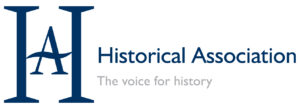This section of the website is intended to offer opportunities for members and supporters to add contributions which may be of general interest at this time. We welcome short articles, recommendations, comments, book reviews etc. Please send contributions to: philipgwoods@outlook.com
Ealing Branch Members’ Publications
1.National member Ewan Ward-Thomas has published (30 March 2025)
2. Dr Peter Hounsell has published ‘Bricks of Victorian London: A Social and Economic History’ (University of Hertfordshire Press: 2022)
3. Dr Philip Woods has published ‘Managing the Media in the India-Burma War: Challenging a ‘Forgotten War’ (Bloomsbury Academic 2023)
3. Dr Peter Hounsell has put an interesting talk through Ealing Library on YouTube entitled Gilbert White, the Natural History of Selborne and Perivale Wood – Peter Hounsell – YouTube
4. ‘Ealing in the 1918-19 Flu pandemic’ by Dr Peter Hounsell. Chair of Ealing Branch HA on this website https://ealinghistory.org.uk/ealing-in-the-pandemic-1918-19/
5. 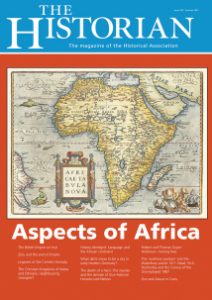 Dr Peter Hounsell has written an article for The Historian magazine (issue 150: Summer 2021) on ‘The “workless workers” and the Waterbury watch: W.T. Stead. W.A. Dunkerley and the Census of the Unemployed 1887’
Dr Peter Hounsell has written an article for The Historian magazine (issue 150: Summer 2021) on ‘The “workless workers” and the Waterbury watch: W.T. Stead. W.A. Dunkerley and the Census of the Unemployed 1887’
6. 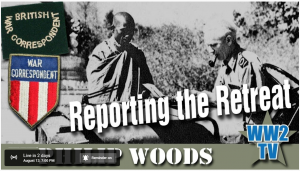 Philip Woods gave a talk on his book Reporting the Retreat: War Correspondents in Burma, 1942 (Hurst) on the WW2TV.COM YouTube channel which is available to view free of charge (but donations help keep the site running) https://www.youtube.com/watch?v=upmI-6vh2dU
Philip Woods gave a talk on his book Reporting the Retreat: War Correspondents in Burma, 1942 (Hurst) on the WW2TV.COM YouTube channel which is available to view free of charge (but donations help keep the site running) https://www.youtube.com/watch?v=upmI-6vh2dU
7. Philip Woods article on ‘Evelyn Waugh’s books on the italo-Ethiopian War, 1935-36, in The Historian, Issue 156, Winter 2022/23: Historian 156 – Italo-Ethiopian War – Philip Woods (003)
2. HISTORICAL ASSOCIATION
VIRTUAL BRANCH
Don’t forget the HA’s programme of talks and podcasts, some of which are open to non-members: https://www.history.org.uk/historian/categories/14/news/3818/your-ha-virtual-branch-new-lecture-programme
Podcast Series: Confronting Controversial History / Historical Association
3. National Archives, Kew
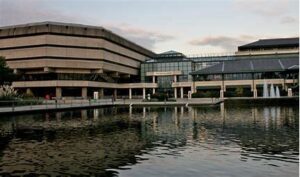 Has a programme of talks, recorded past talks and meet the author sessions:
Has a programme of talks, recorded past talks and meet the author sessions:
4. The Gresham Lectures are live-streamed as well as live sessions, and will require registration: www.gresham.ac.uk
The lecturers include Gus Casely-Hayford, Richard Drayton, Tristram Hunt, Stephen Alford & Sir Richard Dearlove, Hakim Adi, Helen Paul and Murray Pittock
4. Recommendation: HISTORY HIT.TV
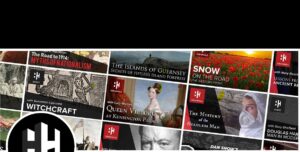
Another recommendation if you are missing live history events. Dan Snow hosts this website and podcast. and advertises it thus: ‘History Hit TV – the Netflix of history. Join us as we strive towards creating the best source of history content on the web. Enjoy 30 days free when you signup (£5.99 a month thereafter)’
I have found the videos very good and the podcasts excellent. Dan Snow is a really good interviewer.
6. DIGITAL MUSEUM
These are some really unusual history talks hosted by the founder of the Digital Museum Jibunnessa Abdullah
DIGITAL MUSEUM – Global space for intelligent talks accessible to all!
7. Aspects of History: bi-monthly online magazine
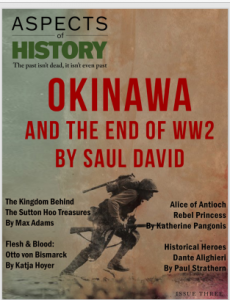
I recommend this online magazine strongly. It can be purchased as single editions or as an annual subscription for £9.99. Each edition is packed full of excellent history writing, reviews and insights into the writing of history
Issues are free with Kindle Unlimited membership
https://aspectsofhistory.com/
8. Royal Historical Society
Holds events iteself and advertises other History talks:
Events | RHS (royalhistsoc.org)
Philip Woods
9. London Luminaries
Each 20-minute talk will be delivered using Zoom and will begin at 7 p.m. They will be chaired by Professor Judith Hawley of the Department of English, Royal Holloway, University of London. Time will be allowed for questions and answers at the end. The events will end at or before 8 pm. Attendees will be sent a Zoom link by email about an hour before each talk begins.
Tickets are free but we encourage you to make a £5 donation for each talk, if you are able, which will be divided equally between the twelve participating organisations. You can book your place at TicketSource. You can book a bulk ticket for each set of six talks.
These events are supported by the National Lottery Heritage Fund.
https://www.ticketsource.co.uk/luminaries
10. 10-Minute Talks podcast | The British Academy
What a great idea- to ask academicians to limit their talks to 10 minutes- it’s amazing what these podcasts manage to get across in the limited time! some examples.
The British Academy 10-Minute Talks, where the world’s leading professors explain the latest thinking in the humanities and social sciences in just 10 minutes. 10-Minute Talks are screened each Wednesday, 13:00-13:10, on YouTube and available on Apple Podcasts. Subscribe to the British Academy 10-Minute Talks here.



